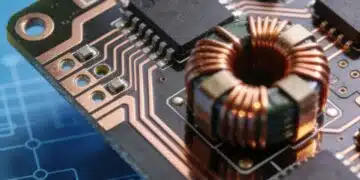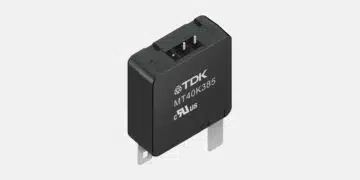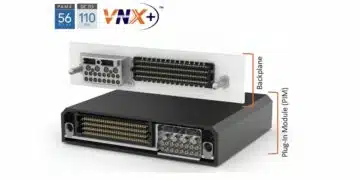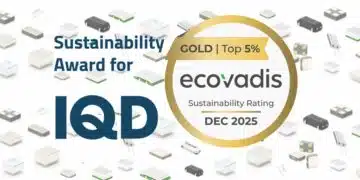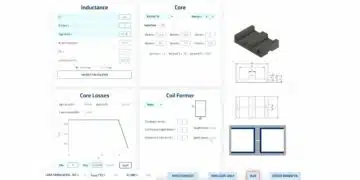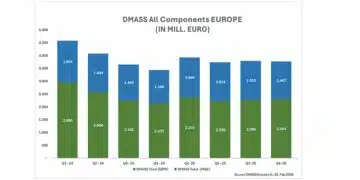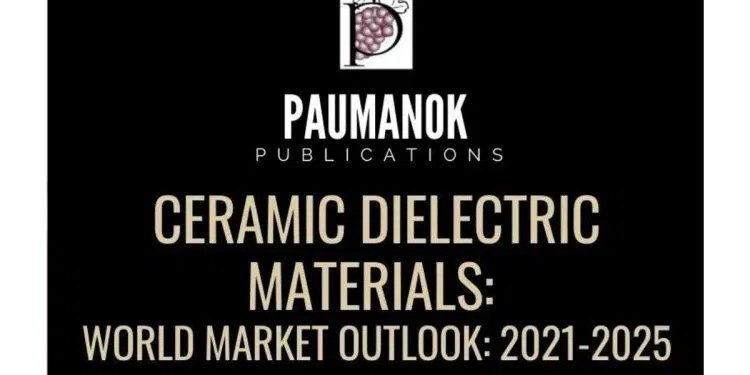Paumanok Publications, Inc. has published a deep dive analysis of the global value, volume and pricing entitled “Ceramic Dielectric Materials: World Markets, Technologies & Opportunities: 2021-2025 Outlook and Supply Chain Assessment” by Paumanok Publications, Inc. delves into detailed historical and forecast analysis of the global market for ceramic dielectric materials in the electronic component industry, focusing on dielectric material consumption in the massive base metal and precious metal ceramic chip capacitor markets worldwide.
The nearly $2.5 trillion high-tech economy would not exist without ceramic dielectric materials. Ceramics lend themselves to powder and paste manufacturing to produce multi-layered ceramic chip capacitor structured components for use as filters, bypass and decoupling in today’s printed circuit boards in handsets, computers, automobiles and home theatre electronics.
The study covers barites and titanium feedstock materials markets, addresses the advanced intermediate markets for high purity barium carbonate and titanium dioxide powders, as well as looks at the markets for dielectric formulations and ceramic additives. Major focus is placed upon various companies in the vertical supply chain for feedstock, intermediates, titanates, formulations and additives.
Ceramic dielectric material markets will look very different in 2025 than they do today. Based on feedback from Paumanok research into MLCC capacitors, metallizations and ceramic matching systems, the report makes predictions about the volume and value of consumption for barium titanate, dielectric formulations, feedstocks and additives.
Some key facts observed in the report:
- ceramic dielectric materials represent 40% of variable costs to produce MLCC capacitors
- 81% of ceramic dielectric matching systems are BME and 19% are PME
- 55% of ceramic dielectric materials are ultimately consumed by wireless handsets through MLCC capacitors
- 90% of ceramic dielectric materials are consumed by MLCC capacitors, while the remainder go into PTC, LTCC and SLC
Published: February 2, 2021
Pages: 117
Figures: 35


